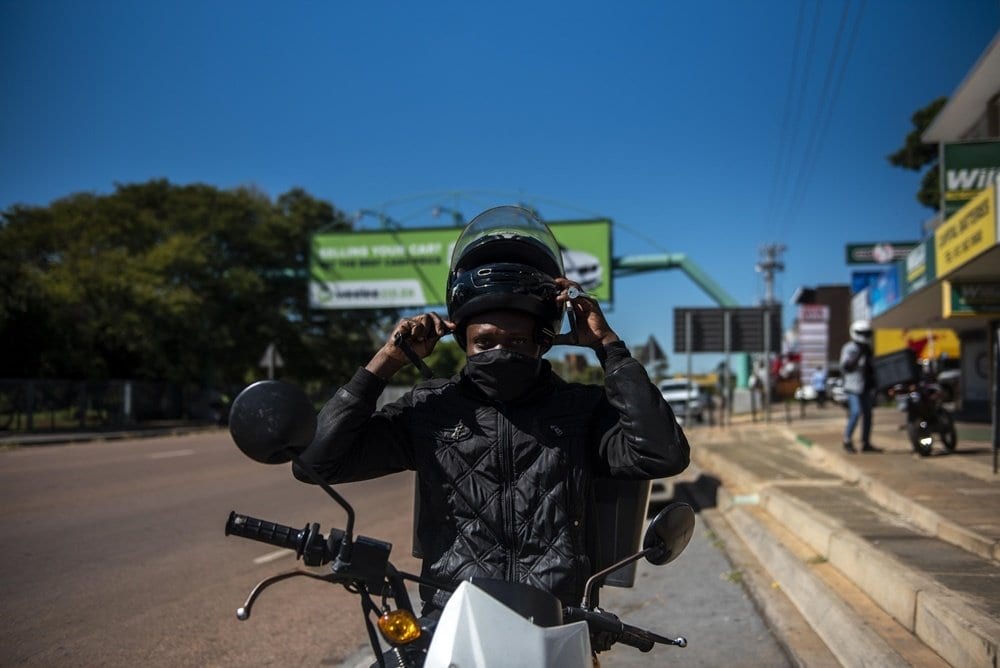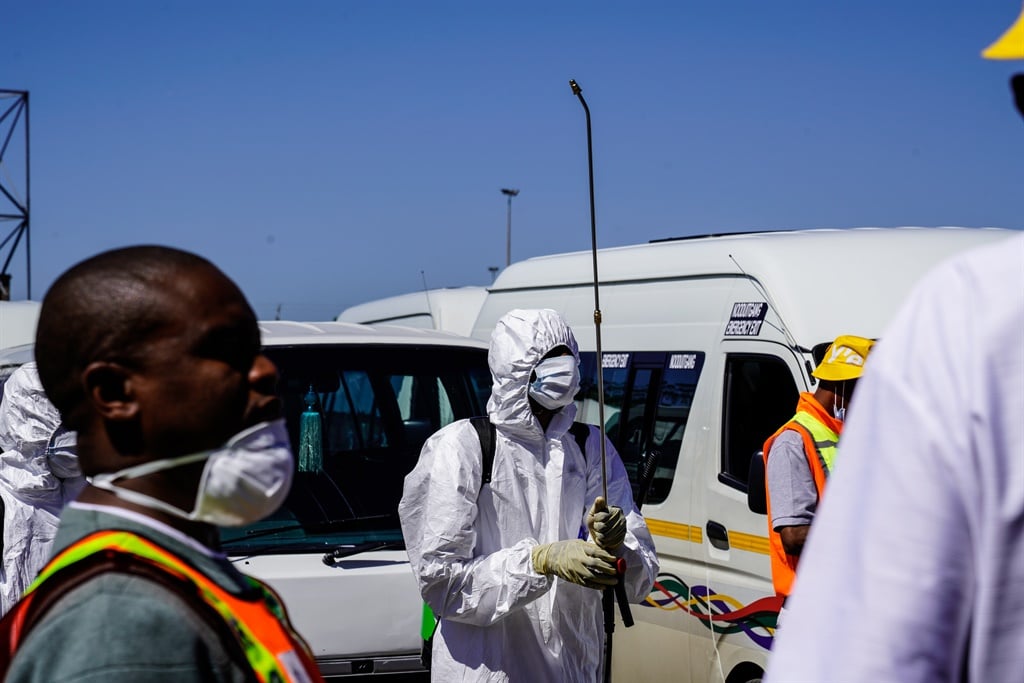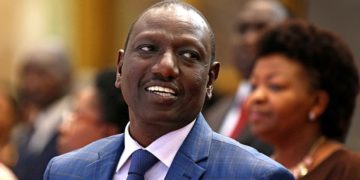[ad_1]
President Cyril Ramaphosa’s recent introduction of a risk-adjusted strategy to allow for economic activity to resume has prompted various amendments to transport regulations under level 4 which commenced on Friday.
Here is what you need to know:
Driver‘s licence and vehicle testing centres
Driver’s licence and vehicle testing centres are expected to gradually re-open during Level 4.
This is to allow for essential service workers to renew their driver’s and vehicle licences.
“The opening of driver’s licence testing centres will be staggered once the inspection and verification of the state of readiness is done on all of them,” Transport Minister Fikile Mbalula said at a briefing on Friday.
While driver’s licence testing centres based in metropolitans will open on 1 June, further directions will be issued regarding the daily number of people who can be attended to while restricting bookings to online platforms.
In addition, driving schools will be allowed to continue during this period and will be subjected to social distancing and sanitising measures.
The instructor as well as the student will have to wear masks.
WATCH | No mask, no entry: Joburg malls require residents to cover up before shopping
Servicing of vehicles
“Servicing of vehicles of personnel performing emergency services is permitted under Level 4.
“This also includes the importation of spares for service purposes and for manufacturing. Emergency spares are also allowed to be on sale,” Mbalula said.
Delivery services
Food delivery services such as Uber Eats, Mr Delivery and any other similar ones are permitted to operate between 09:00 and 19:00.
Courier services
These services are permitted to deliver goods permitted for sale under the gazetted Level 4 regulations.
Charter services
Services such as shuttles are subjected to 50% licenced loading capacity and vehicle operators must be identifiable.
“A number of companies, particularly in the mining sector, work three shifts, resulting in employees finishing work outside the permitted public transport operating hours.
“These companies may make use of charter services,” Mbalula said.
Travel between provinces, metropolitans and districts
Once-off travel to various provinces will be permitted between 1 and 7 May for people returning home.
“Long-distance bus and taxi operators are allowed to undertake long-distance travel during this window period.”
Road-based public transport
All road based public transport will be permitted under Level 4 between the hours of 05:00 and 19:00 with a one-hour grace period to allow for the pick up and drop off of passengers.
Mini-bus taxis and buses will be permitted on the roads but at a 70% licensed loading capacity.
E-hailing and meter taxis are permitted at a 50% loading capacity meaning that a 5-seater can carry two passengers and a driver.
All passengers and drivers must be wearing a mask when using public transport.
In addition, no public transport will be permitted on the roads during curfew – 20:00 and 05:00.
“Full compliance with the 70% passenger capacity, wearing of masks by all passengers and sanitisation of vehicles at the completion of each journey is a mandatory requirement,” Mbalula said.
INFOGRAPHIC | Here is what is and what isn’t allowed during level 4
Rail
The full resumption of freight rail will also be permitted under Level 4.
In addition, commuter rail will resume operations gradually on an incremental basis, based on plans submitted by passenger rail operators.
Mbalula said respect to the Gautrain, operations would be gradually re-introduced covering eight of the nine stations, adding there would be no airport service.
READ | The Gautrain is coming back under level 4 – but with restrictions, and no airport stop
Aviation
The ban on domestic and international flights still remains in place except for evacuation/repatriation flights that are being led by the Department of International Relations and Cooperation.
Further consideration will be given to the mining and agricultural sectors to allow for the limited movement of aircraft for the purposes of transporting essential workers or spraying crops with pesticides.
“All these movements will be subjected to approval, and permits will be issued on a case-by-case basis,” Mbalula said.
No scheduled domestic flights will be permitted under Level 4. Individuals can expect the limited movement of domestic flights when/if South Africa moves to Level 3.
Airspace, however, will only be fully open for domestic and international flights when the country moves to Level 2.
READ | Unions want Labour Court to halt SAA retrenchment process



















